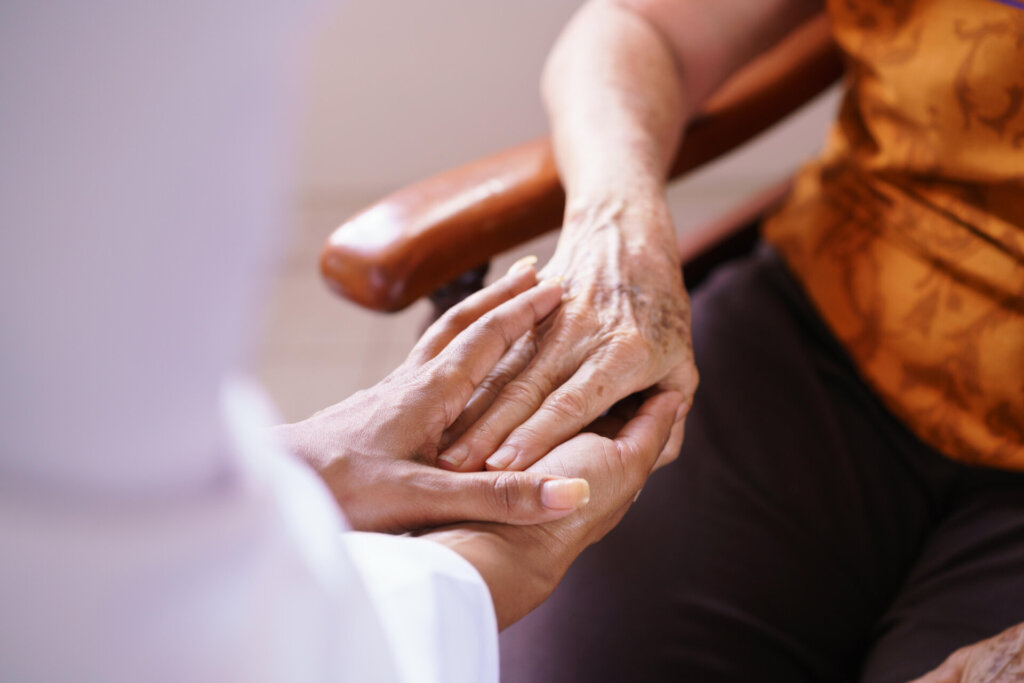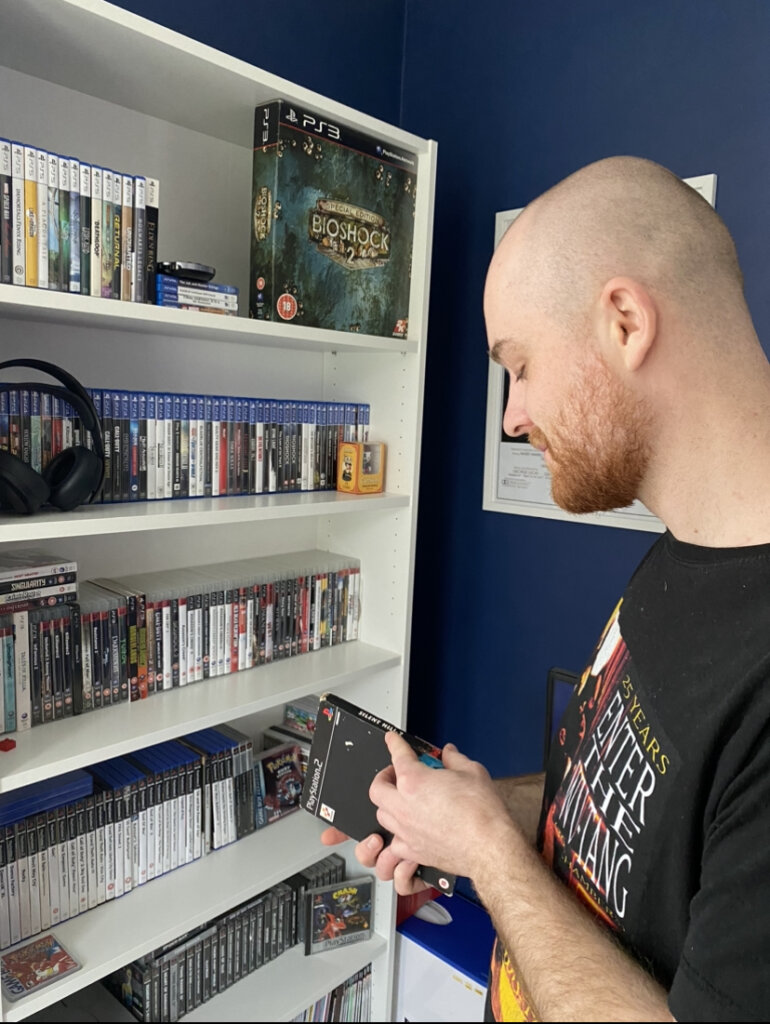Sunderland graduate hopes her new book will raise awareness for young girls and women with undiagnosed autism
Written by Mya Clouston on 14th April 2023
Recent studies have found that boys are typically diagnosed with autism at age seven while women are more likely to receive a diagnosis in their 30s. Mya Clouston speaks to two women with autism and a charity hoping to change this.
Lauren graduated from the University of Sunderland with a first-class degree in Illustration and Design and is using her creative skills to spread awareness and acceptance of neurodiversity in girls to help with earlier diagnosis.
Lauren published her first book called It’s Okay To Be Me earlier this year with the help of the University of Sunderland’s Digital Incubator.
The Digital Incubator is a service at the university that provides graduates that are creative freelancers and entrepreneurs such as Lauren with support, services and mentoring to allow them to reach career goals and aspirations.
Lauren’s book It’s Okay To Be Me was created after she found herself unable to find a book from a person with autism’s perspective growing up and during her Master’s degree research. Now she wants to change this to provide support and create acceptance for girls and women with autism.
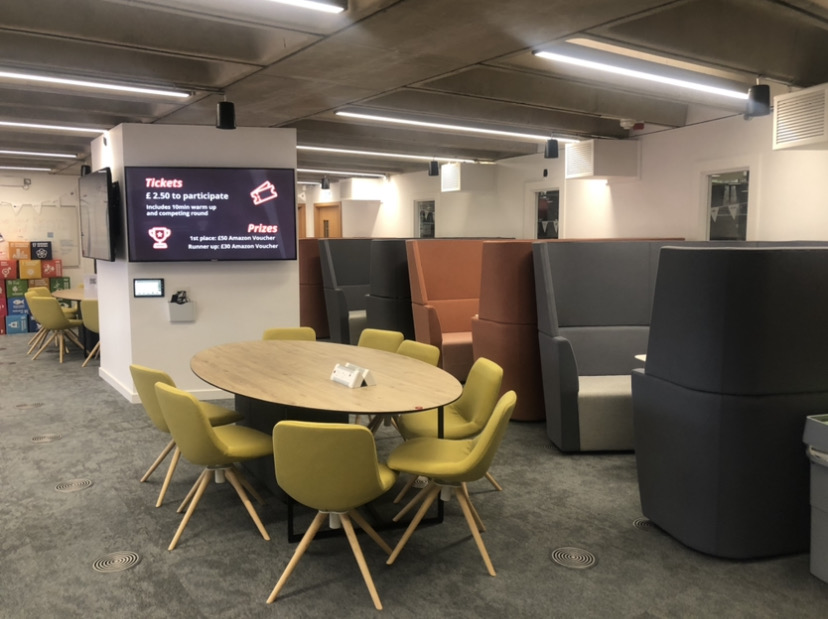
Sunderland University’s Digital Incubator. Image credit – Mya Clouston
Lauren said: “I found that there weren’t a lot of books from the actual perspective of an autistic person.
“It was always coming from the perspective of a friend or family but seemingly never from the autistic person themselves.”
Lauren herself received her autism diagnosis at the age of 10 and admits to feeling very lucky to have been diagnosed at a young age so she could access the support and help that was available but admits that even age 10 is too late.
Now as an adult, Lauren spreads the message that many other girls and women don’t have access to a diagnosis or support services during childhood and instead suffer for years until they finally receive diagnosis’ later in adulthood.
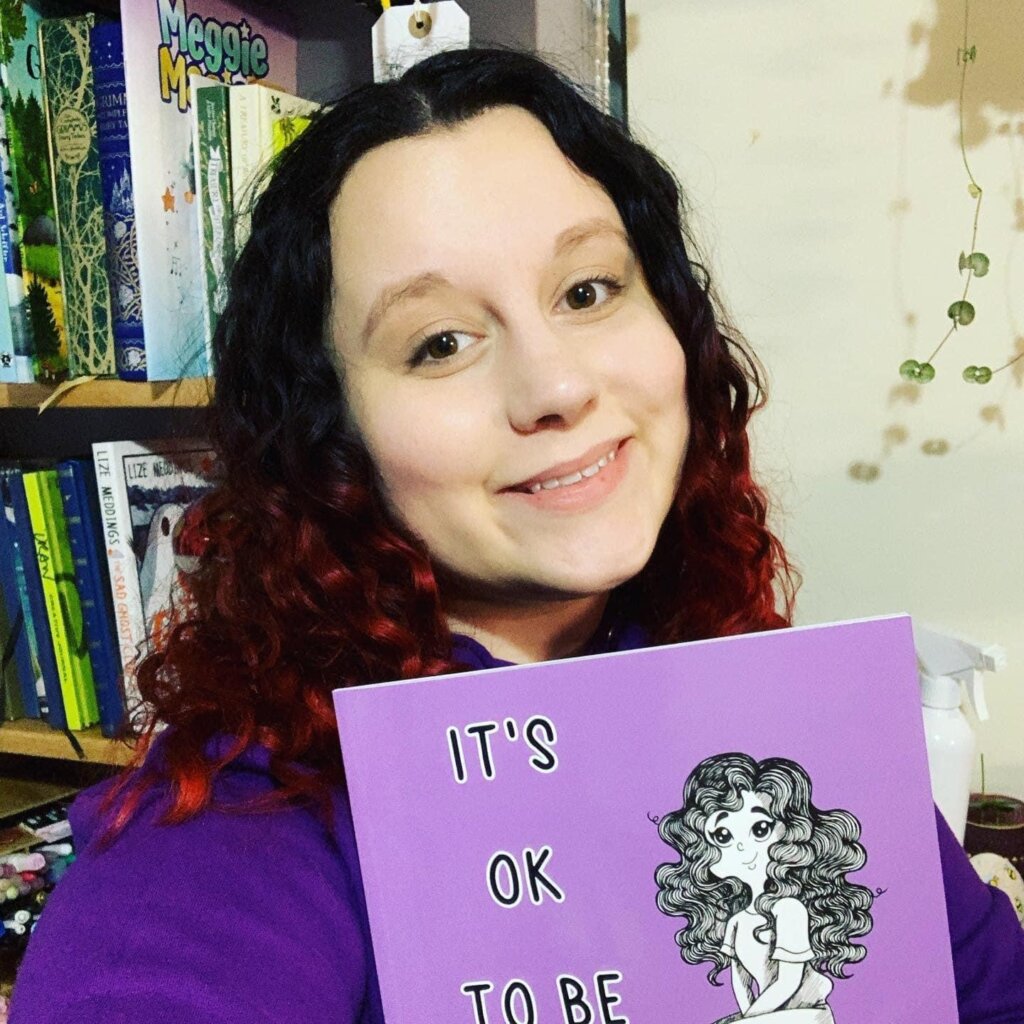
Lauren and her book ‘It’s Okay To Be Me.’
She said: “I’m very lucky that I was recognised as autistic but a lot of girls aren’t and go on to be labelled as depressed or have anxiety instead.”
“I think the problem we have is that women and girls are far more likely to be labelled with anything other than autism. There seems to be such a strange stigma, particularly around women and girls and calling them autistic.
“You’ve ignored the fact that autism presents differently in men and women – it’s not just one size fits all.”
Recent research from Lai & Baron-Cohen found that females are at “substantially elevated risk of their ASC going undiagnosed: their difficulties are frequently mislabelled or missed entirely.”
While the Organisation of Autism Research found “50% of boys with autism are diagnosed before age 11, only 20% of females with autism are diagnosed prior to this age.”
These recent findings are evidence of the way so many women and girls have been misdiagnosed or undiagnosed due to lack of acceptance and research.
Lauren continued on and said: “I’ve known boys to be diagnosed as autistic as young as two and it kind of shows how easy it is to pick it up. But because it’s that easy it’s more frustrating for women and girls. Women and girls are the ones who are missed.”
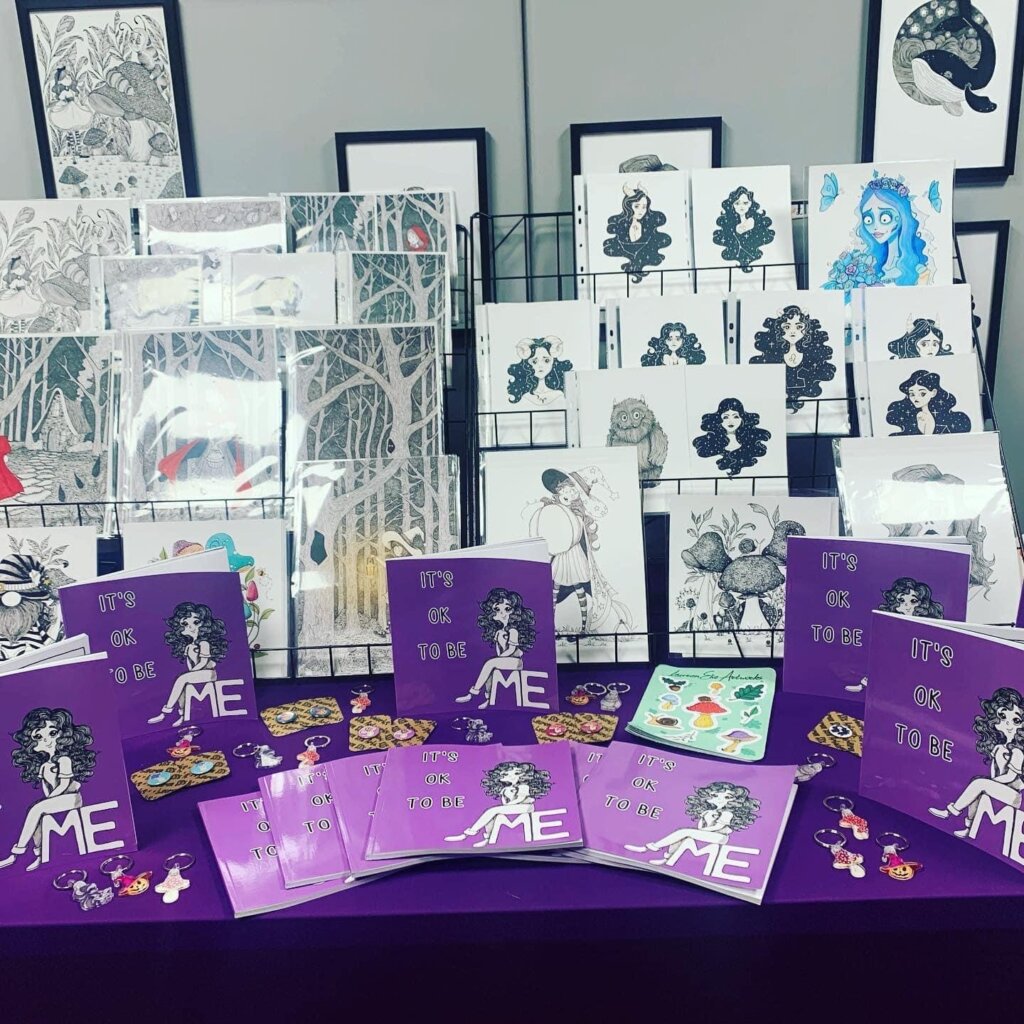
A selection of Lauren’s illustrations.
Malcolm Osborne, of The Kayaks Charity, said: “The change I would like to see would be an awareness from professionals involved in diagnosis, to understand that textbook diagnosis is not always accurate.”
Chloe Cullen is a woman with autism and is one of those who as a young girl was not able to receive an autism diagnosis at a young age, due to the way the diagnostic process is for women and girls.
She too wants the diagnostic process to change and she is a part of the many making sure this happens as an advocate for girls and women with autism with her page Autistic Truth.
She said: “The whole diagnostic test needs to be recreated and designed to include how autistic girls present [symptoms] and professionals need to stop being biased and judgemental.
“The stigma is so ingrained into them and so many professionals are not properly educated on how autistic girls more commonly present.”
This is a feeling that is shared among many young girls and women who are struggling to get a diagnosis with autism leaving them with a feeling of discrimination against them which stems back to Kanner’s research.
Leo Kanner was the first to research autism in 1979 and he researched into a group with just three girls in. This male majority in his findings led to clear gender bias in the diagnosis process as there was and continues to be a lack of research and knowledge in girls and women with autism.
Lauren Osborne said: “The focus has always been on the male perspective and the female perspective has been left to falter and this is why we are seeing such an increase in diagnosis now – it’s not rocket science.
“I think it stems back to the original research back in the 20th century but it still shows in today’s society.”
Chloe Cullen too feels this is true with her own personal experience with getting diagnosed after she was unable to be diagnosed as a child and was instead diagnosed as an adult.
She said: “I think it’s discriminatory how boys are more likely to get diagnosed than girls. The whole reason for this is stigmas as well as research was mostly done on autistic boys and the whole autistic diagnostic test was created based on the presentation of autistic boys and what they go through.”
The book It’s Okay To Be Me from Lauren and online advocacy from Chloe are just two of the ways women with autism are ensuring they change the future for young girls who will go on to have an autism diagnosis.
By paving the way for changes in the diagnostic process and creating a wider acceptance for neurodiversity in women – the future is set to be a safer space for girls and women who need an autism diagnosis.


